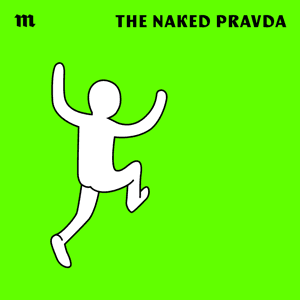Russian assets abroad were frozen almost as soon as the country launched its invasion of Ukraine in 2022. The idea of seizing those assets and transferring them to Ukraine has been discussed in Western capitals for more than three years, but no significant action has been taken because the assets are protected by sovereign immunity and the West is officially not at war with Russia. Now, with a new administration in the United States and the war of attrition in Ukraine dragging on, European leaders find themselves between a rock—the need to show unwavering support for Ukraine—and a hard place: growing public discontent at having to fund this war from European pockets, when there are billions of euros in Russian money sitting in Western bank accounts.
What would the procedure be for embarking on such a complex legal matter? What would setting such a precedent mean for the EU, the euro, and the dollar, and for the countries looking to deposit their reserves in the EU? And does Europe have a plan B if internal divisions can’t be overcome?




































